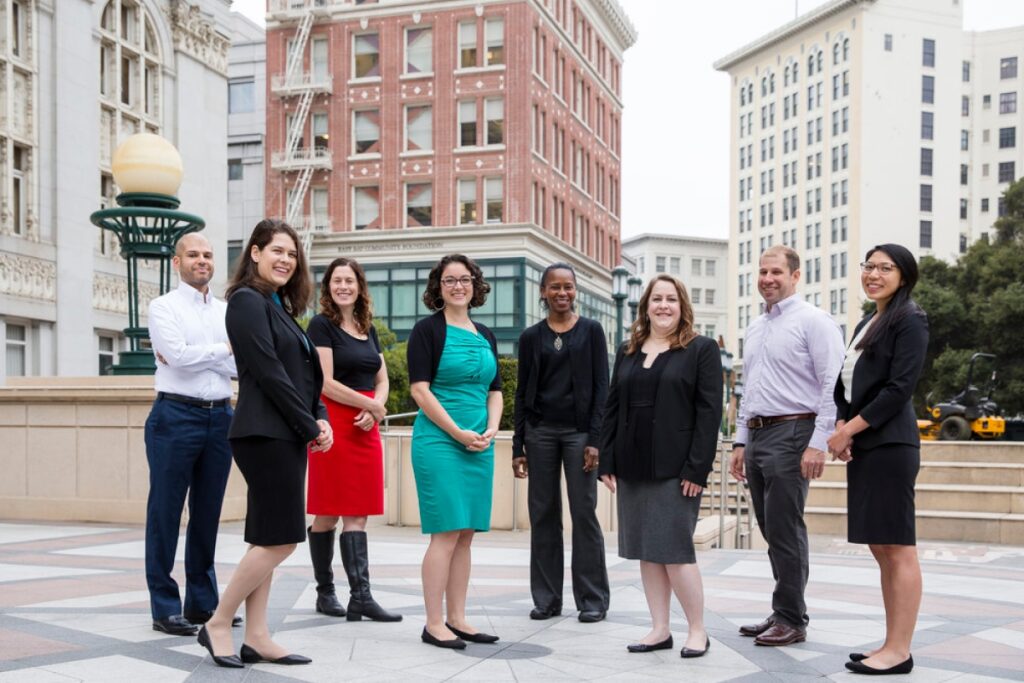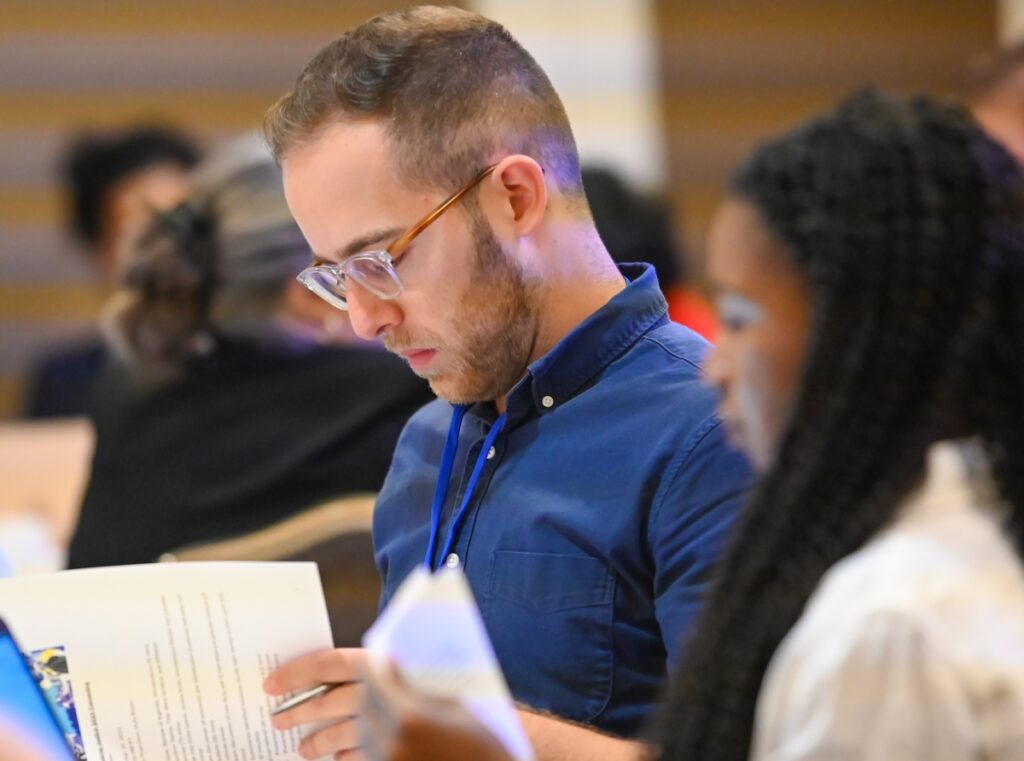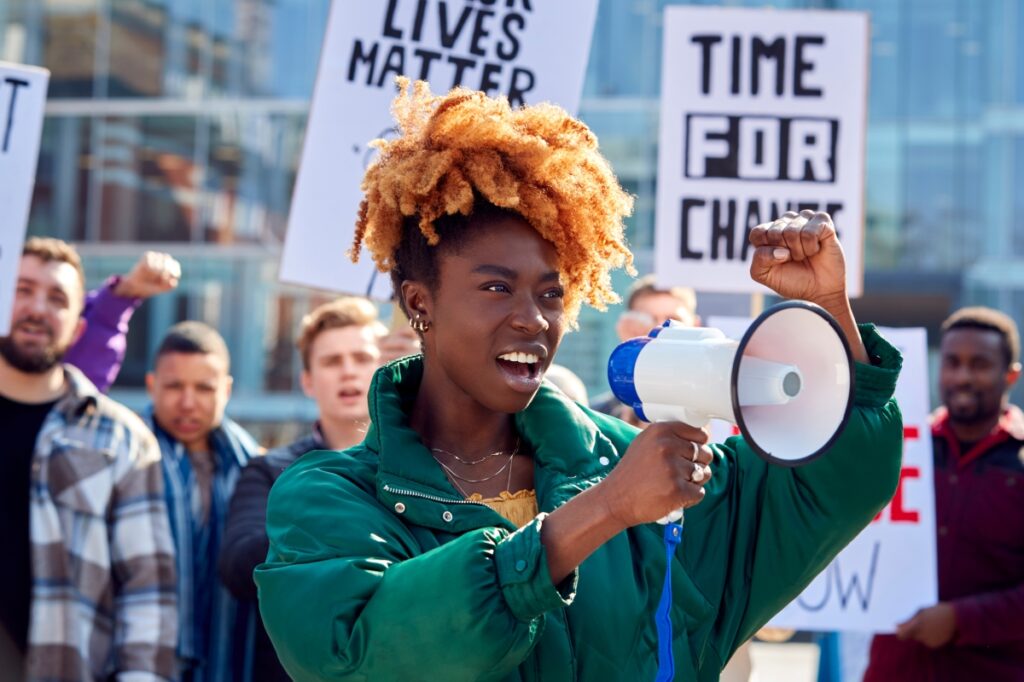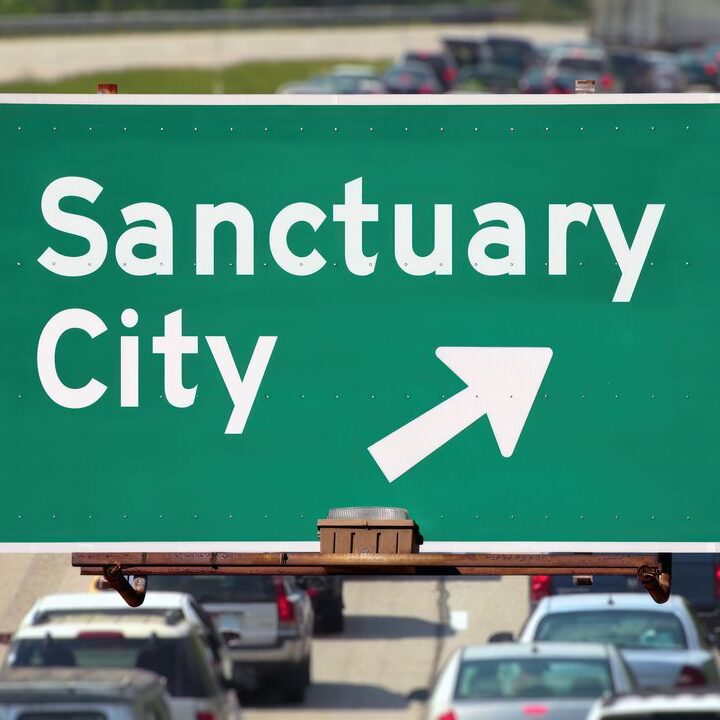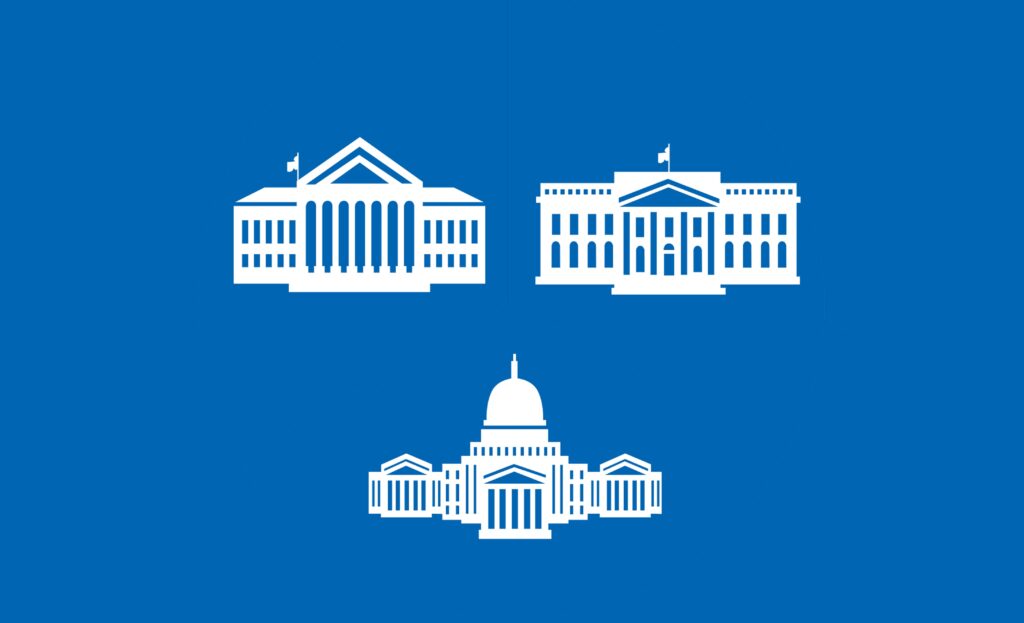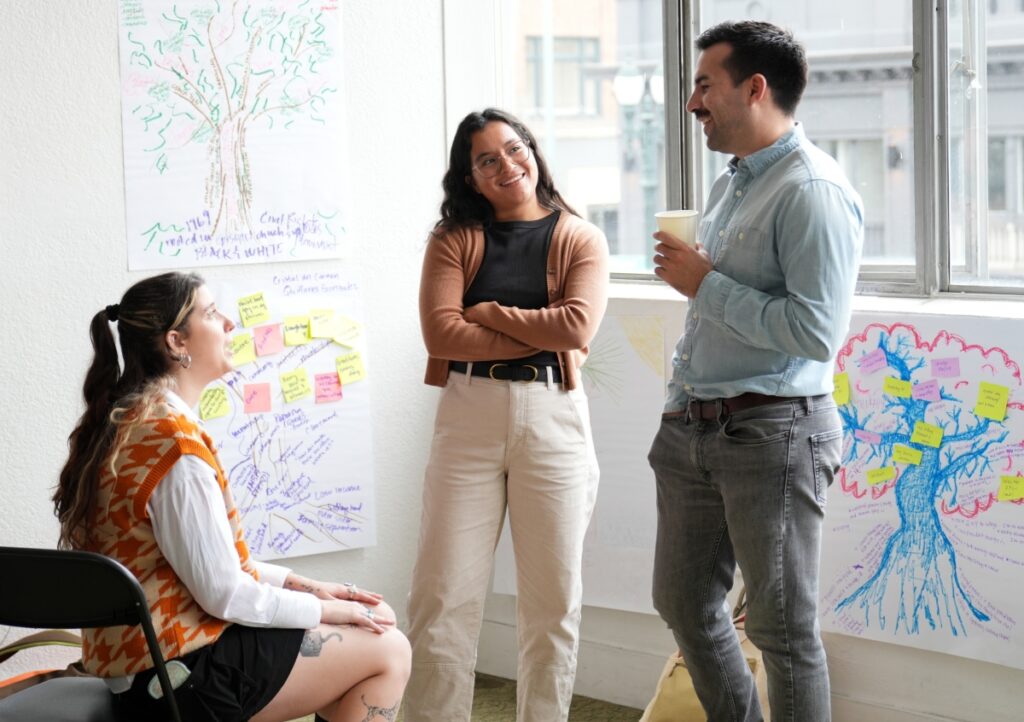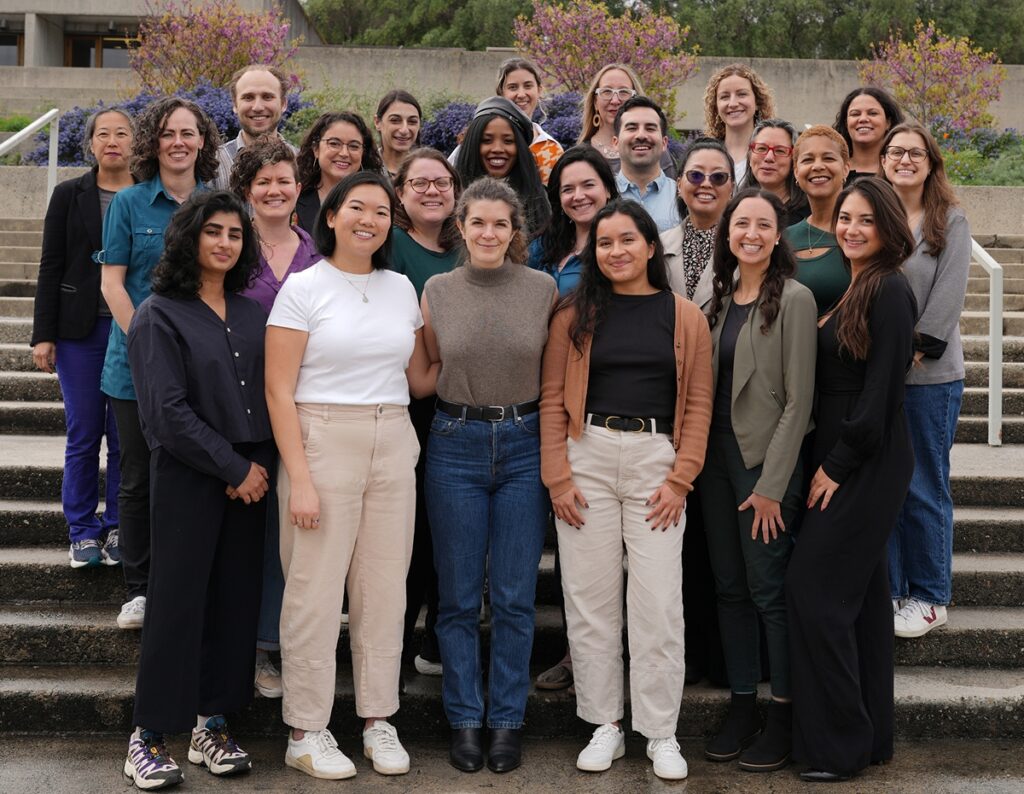- What We do
- Legal Advocacy
- Personal Responsibility and Work Opportunity Reconciliation Act of 1996; Interpretation of ‘Federal Public Benefit’ Comment
Personal Responsibility and Work Opportunity Reconciliation Act of 1996; Interpretation of ‘Federal Public Benefit’ Comment
On behalf of 15 local governments and 21 local government leaders, Public Rights Project filed a comment opposing the Department of Health and Human Services’ (HHS) re-interpretation of social safety net programs and eligibility requirements. We’re urging the HHS to withdraw its changes and follow the law for changing course on policy.
The Personal Responsibility and Work Opportunity Reconciliation Act of 1996 (PRWORA) bars many noncitizens from getting “federal public benefits” like Medicare and food stamps. Now, under the excuse of keeping “non-qualified” immigrants out of services, HHS is requiring local governments to check people’s citizenship or immigration documents for many other programs that have never before been treated as federal public benefits. This is a big change from decades of practice, because HHS has added programs that Congress left out — including programs that protect the health and safety of millions of people in the U.S.
We argue that HHS didn’t follow the proper steps required under the Administrative Procedure Act when it made these policy changes. Congress also gave program grantees two years to create verification systems, but HHS’s new rule forces local governments to comply right away. This means local governments will face extra costs — like reworking their processes, creating new policies, and re-training staff — to meet the new verification requirement.
The programs newly categorized by HHS as federal public benefits include Head Start, health clinics that treat people regardless of their ability to pay, poverty prevention programs, substance abuse treatment, and Title X family planning and primary care services. Our comment argues that the new ID requirements are most likely to impact millions of eligible people — including U.S. citizens — especially those without easy access to identification, such as people in crisis, people experiencing homelessness, and those with serious mental illnesses.
-
Legal case7/7/2025
Svitlana Doe v. Noem
Public Rights Project joined the city of Boston to file an amicus brief in a…
-
Legal case6/26/2025
Mid-America Milling Co. v. U.S. Department of Transportation
Public Rights Project filed an amicus brief supporting local governments in a court case that…
-
Legal case6/26/2025
Appalachian Voices v. Environmental Protection Agency (EPA)
A coalition of 15 nonprofits, one Tribe, and seven local governments filed a class action…

